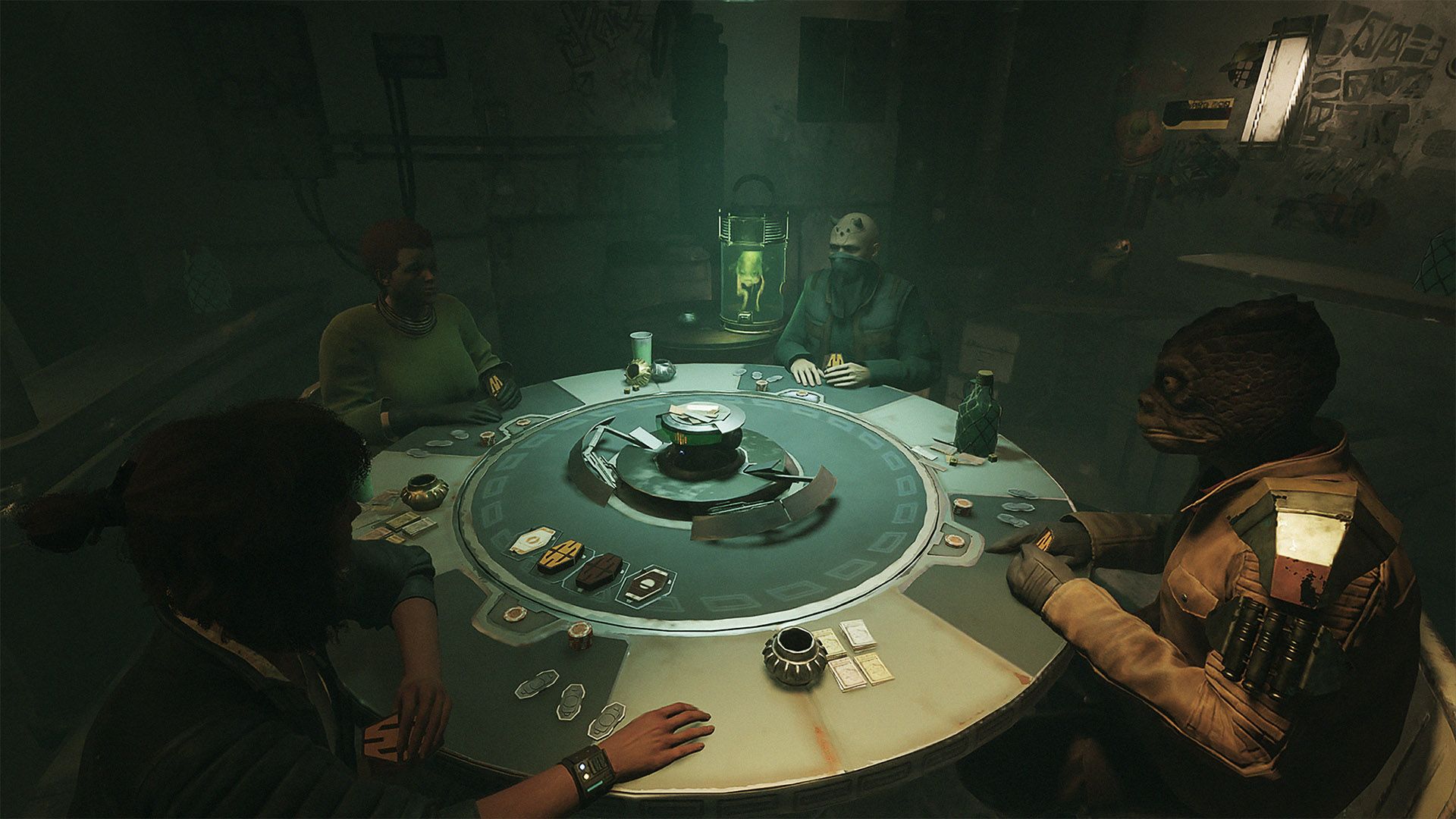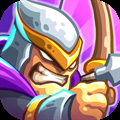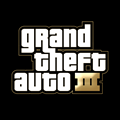Star Wars Outlaws' Switch 2 Port Isn't A GKC Not Because It's Cheaper, But Because It's Better

They say the internet is just one slice of the mainstream pie, and that we should seldom think online reactions are indicative of the entire consumer base. I try to bear that in mind whenever possible, but it feels like Nintendo's Game Key Cards are just nigh-universally disliked. No matter how the company attempts to explain them, GKCs are looked upon by millions as an excuse to let publishers masquerade that they still care to release physical copies of their games.
As we're beginning to see, this isn't always the case. Which isn't to say we should all suddenly unite behind GKCs replacing cartridges, but at least when it comes to Ubisoft's upcoming Nintendo Switch 2 port of Star Wars Outlaws, there's a compellingly non-financial reason behind the decision to eschew game carts for Game Key Cards.
Is This A More Widespread Reason Than We've Realized?
For the uninitiated, Game Key Cards are cartridge-shaped devices that get inserted into Switch 2s as if they're the real deal. Depending on your definition of 'the real deal', however, they don't pass muster at all; they simply prompt the console to download the relevant game. GKCs are, in Nintendo's own words (and nomenclature), "your 'key' to downloading the full game to your system via the internet."
The commonly-held perception - and, indeed, it may still frequently be the case - is that publishers are rolling with Nintendo's GKC initiative because it saves on development costs. Rob Bantin, an audio architect for Ubisoft's Snowdrop engine which was used to power Star Wars Outlaws, has revealed that not only was the decision to go this route unrelated to money, but money was never even mentioned during internal discussions.
Snowdrop relies heavily on disk streaming for its open world environments, and we found the Switch 2 cards simply didn’t give the performance we needed at the quality target we were going for. I don’t recall the cost of the cards ever entering the discussion - probably because it was moot. — Rob Bantin 🇸🇪🏳️⚧️🏳️🌈 (@cubusaddendum.bsky.social) 2025-09-04T18:51:52.058Z
Bantin's Bluesky revelation comes in reply to Digital Foundry's John Linneman, whose expertise in the world of gaming tech is well-documented. If Switch 2 cartridges can't reliably deliver on the Snowdrop engine's streaming solution, then Game Key Cards make a ton of sense as a work-around.
As Bantin states, "Snowdrop relies heavily on disk streaming for its open world environments," which means we cannot take this as any definitive indication of why publishers outside of Ubisoft opt to go the GKC route. But it's hardly outside the realm of possibility that similar scenarios with other engines may have prompted the controversial call.
Of course, Star Wars Outlaws wasn't originally designed to be played on Nintendo Switch 2. The Switch 2 wasn't even out yet when it launched last year on PlayStation 5, Xbox Series X|S, and PC. Had Nintendo's shiny new device been on the market at the time, we might have seen Outlaws on a traditional cartridge. Or maybe we wouldn't. Either way, Bantin is confident that Ubisoft made the right call here:
I think if we’d designed a game for Switch 2 from the ground up it might have been different. As it was, we’d build a game around the SSDs of the initial target platforms, and then the Switch 2 came along a while later. In this case I think our leadership made the right call. — Rob Bantin 🇸🇪🏳️⚧️🏳️🌈 (@cubusaddendum.bsky.social) 2025-09-04T19:21:34.527Z
Not to end this article on a bummer note, but Ubisoft has publicly stated that Star Wars Outlaws was a financial failure for the company, and we know that a potential sequel has probably been canned. But hey, at least the game runs OK on Switch 2, GKC or not.
Your Rating
close 10 stars 9 stars 8 stars 7 stars 6 stars 5 stars 4 stars 3 stars 2 stars 1 star Rate Now 0/10Your comment has not been saved
Like Follow FollowedStar Wars Outlaws
Open-World Action-Adventure Systems 3.5/5 19 7.1/10 Released August 30, 2024 ESRB T For Teen // Violence, Simulated Gambling, Mild Language Developer(s) Massive Entertainment Publisher(s) Ubisoft, Lucasfilm GamesWHERE TO PLAY
DIGITAL












